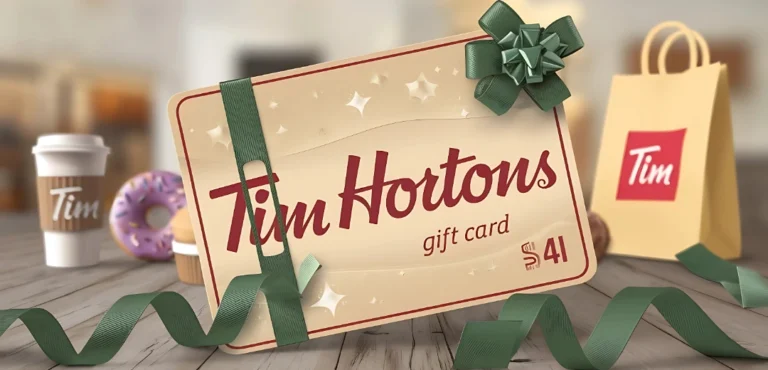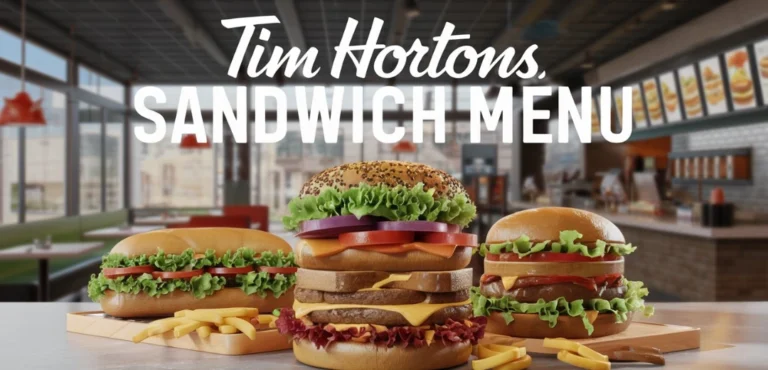Why Halal Certification is Essential for Pet Food Manufacturers

When Sarah adopted her first puppy last year, she never imagined that finding the right pet food would become such a complex journey. As a practicing Muslim living in Toronto, she found herself standing in pet store aisles, carefully reading ingredient lists and wondering whether the dog food she was considering aligned with her religious values. This scenario is becoming increasingly common as Muslim pet owners worldwide seek halal-certified options for their beloved companions.
The pet food industry is experiencing an unprecedented shift. What once seemed like a niche concern has evolved into a significant market opportunity that forward-thinking manufacturers cannot afford to ignore. The intersection of Islamic dietary laws and pet nutrition represents a growing segment worth millions of dollars globally.
The Growing Muslim Pet Owner Demographics
The statistics tell a compelling story. With over 1.8 billion Muslims worldwide, the Muslim consumer market represents nearly 25% of the global population. In countries like the United States, Canada, Australia, and across Europe, Muslim families are increasingly embracing pet ownership, particularly cats and dogs. This demographic shift has created a substantial demand for products that align with Islamic values, including pet food.
Recent market research indicates that Muslim households in Western countries have pet ownership rates approaching those of the general population. In the UK alone, an estimated 400,000 Muslim households own pets, while in North America, this number exceeds one million. These aren’t just casual pet owners – they’re devoted pet parents willing to pay premium prices for products that meet their religious requirements.
Understanding Islamic Principles in Pet Care
To appreciate why halal certification matters for pet food, we need to understand the Islamic perspective on animal care and dietary laws. Islam places tremendous emphasis on treating animals with kindness and compassion. The Prophet Muhammad encouraged caring for animals, and many Muslims view pet ownership as an opportunity to practice these values.
However, Islamic dietary laws create unique considerations for pet food selection. While pets themselves don’t need to follow halal dietary restrictions, many Muslim pet owners prefer to avoid handling or purchasing products containing haram (forbidden) ingredients. This preference stems from wanting to maintain consistency in their religious practice and avoid potential contamination of their living spaces with non-halal substances.
The key concerns include avoiding pork-based ingredients, ensuring meat sources meet Islamic slaughter requirements, and preventing cross-contamination with prohibited substances. These considerations extend beyond the food itself to manufacturing processes, storage, and packaging.
Common Non-Halal Ingredients in Pet Food
The pet food industry extensively uses ingredients that pose challenges for Muslim consumers. Pork by-products are incredibly common in commercial pet foods, appearing in various forms that aren’t always obvious from packaging. These include pork meal, pork fat, and processed pork organs that serve as protein sources and flavor enhancers.
Beyond pork, many pet foods contain meat from animals not slaughtered according to Islamic guidelines. Beef, chicken, and lamb in conventional pet food typically come from non-halal sources. Additionally, some pet foods include alcohol-based preservatives or flavor enhancers, creating another layer of concern for religiously observant pet owners.
Animal-derived additives present another challenge. Gelatin, often sourced from pork, appears in many soft pet treats and supplements. Certain vitamins and minerals may be derived from non-halal animal sources, making ingredient transparency crucial for Muslim consumers.
The Business Case for Halal Pet Food Certification
Smart manufacturers are recognizing that halal certification for pet food represents a significant business opportunity rather than just a religious accommodation. The global halal pet food market is projected to reach $2.3 billion by 2027, with annual growth rates exceeding 8%.
This growth isn’t limited to Muslim-majority countries. Major markets include North America, Europe, and Australia, where Muslim populations have substantial purchasing power. In cities like London, New York, Toronto, and Sydney, halal pet food products command premium prices and enjoy strong brand loyalty.
The competitive advantage is clear. Currently, very few pet food manufacturers have pursued halal certification, creating a blue ocean opportunity for early movers. Companies that establish themselves as halal-certified leaders can capture market share before competitors recognize the opportunity.
Furthermore, halal certification doesn’t alienate non-Muslim consumers. Many pet owners appreciate the additional quality assurance and ethical considerations that halal certification represents. The certification process often results in improved manufacturing standards, better ingredient sourcing, and enhanced quality control procedures that benefit all consumers.
Challenges in Pet Food Manufacturing and Certification
Obtaining halal certification for pet food presents unique challenges that require specialized expertise. Unlike human food certification, pet food halal standards are still evolving, requiring manufacturers to work with knowledgeable certification bodies that understand both Islamic principles and pet nutrition requirements.
Supply chain complexity poses significant challenges. Pet food manufacturers typically source ingredients from multiple suppliers, making it essential to verify the halal status of every component. This includes not just primary ingredients but also vitamins, minerals, preservatives, and processing aids.
Manufacturing facility considerations add another layer of complexity. Plants that produce both halal and non-halal products must implement strict segregation protocols to prevent cross-contamination. This might require dedicated production lines, specialized cleaning procedures, and careful scheduling to maintain certification integrity.
Storage and packaging also require attention. Halal-certified pet food must be stored separately from non-halal products and packaged in materials that haven’t been contaminated with prohibited substances.
The Halal Watch World Advantage
At Halal Watch World, we understand these unique challenges and have developed specialized expertise in pet food halal certification. Our team combines deep knowledge of Islamic dietary laws with practical understanding of pet food manufacturing processes.
We work closely with manufacturers to develop customized certification programs that address their specific products and manufacturing environments. Our approach includes comprehensive ingredient review, supplier verification, facility assessment, and ongoing monitoring to ensure continued compliance.
Our certification process begins with a thorough audit of current operations, identifying potential areas of concern and developing remediation strategies. We provide detailed guidance on ingredient sourcing, helping manufacturers identify halal-compliant alternatives without compromising nutritional value or palatability.
We also assist with supply chain management, working with manufacturers to establish relationships with halal-certified ingredient suppliers. Our global network of approved suppliers helps streamline the procurement process and ensures consistent availability of certified ingredients.
Market Opportunities and Consumer Benefits
The market opportunities extend beyond traditional pet food into treats, supplements, and specialty products. Premium pet treat markets, in particular, show strong demand for halal-certified options. Muslim pet owners are willing to pay significantly higher prices for treats they feel comfortable giving their pets.
Veterinary diets represent another growing segment. As Muslim pet owners become more sophisticated in their pet care approaches, demand for halal-certified therapeutic and prescription diets is increasing.
The certification also opens doors to international markets. Many Muslim-majority countries are experiencing rapid growth in pet ownership, creating export opportunities for certified manufacturers. Countries like Malaysia, Indonesia, and the UAE have established themselves as significant pet product markets with strong preferences for halal-certified options.
Looking Forward: The Future of Halal Pet Food
The halal pet food market is still in its early stages, presenting tremendous opportunities for manufacturers willing to invest in certification. As Muslim communities continue growing in Western countries and pet ownership increases in Muslim-majority nations, this market will only expand.
Technological advances are making halal certification more accessible and cost-effective. Better ingredient tracking systems, improved supply chain transparency, and more efficient certification processes are reducing barriers to entry.
Consumer education is also improving. Muslim pet owners are becoming more knowledgeable about halal pet food options and more demanding in their product selections. This creates opportunities for manufacturers to build strong, loyal customer relationships through quality halal-certified products.
The companies that recognize this opportunity early and commit to proper halal certification will establish themselves as market leaders in this growing segment. With the right halal certification partner like Halal Watch World, manufacturers can navigate the complexities of halal pet food certification and capitalize on this significant market opportunity.
The question isn’t whether the halal pet food market will grow – it’s whether your company will be positioned to capture its share of this expanding opportunity.





